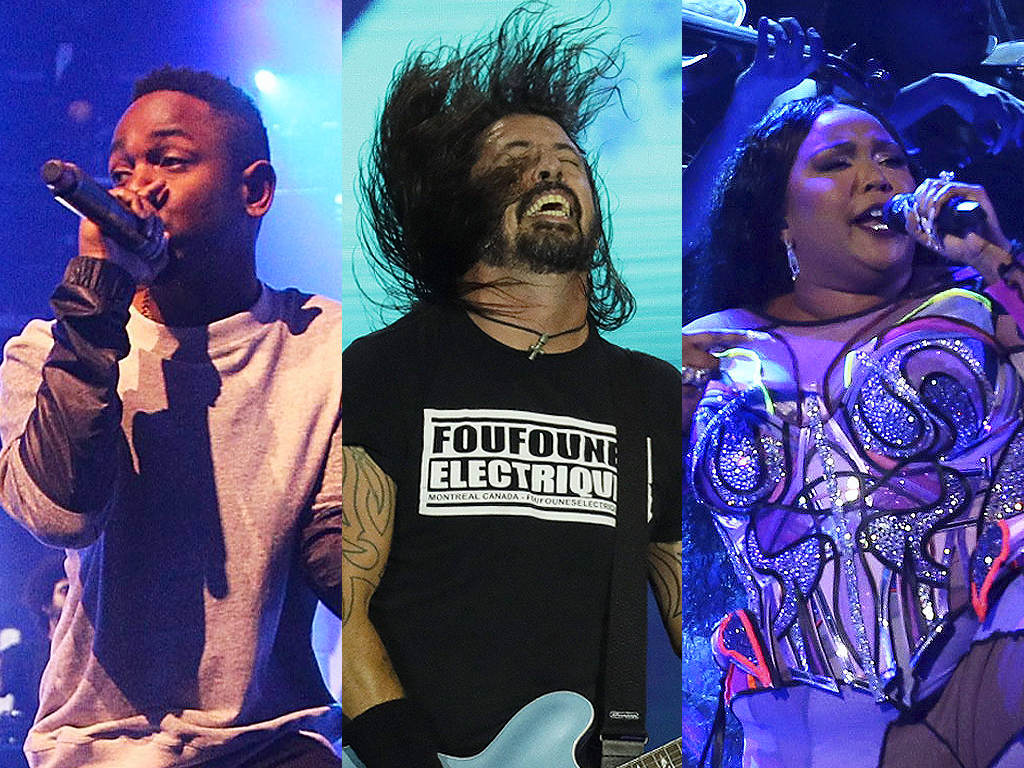Osheaga Music and Arts Festival joined the list of events affected by the novel coronavirus pandemic over the weekend after it was suspended due to the public health crisis.

While the beloved Montreal-based music festival has not been cancelled, it has not yet been rescheduled, either. It was initially set to take place between July 31 and Aug. 2, however the festival is now “suspended” for the time being, according to Evenko, the promoter in charge of the event.
“Evenko understands and will comply with the government’s decision to protect the health of employees and festivalgoers,” the statement reads.
Tens of thousands of festivalgoers from around the world were set to gather at Parc Jean-Drapeau to celebrate not only the music of weekend headliners Foo Fighters, Lizzo and Kendrick Lamar but many, many other artists.
Osheaga’s not the only Evenko event that’s taken a hit due to the coronavirus pandemic, either: electronic music festival îleSoniq and the inaugural, country-centric Lasso Montreal have also been impacted.

Get breaking National news
ÎleSoniq was set to return in early August, while Lasso Montreal was set to debut later that month.
“We are truly saddened by this situation, but everyone’s health must remain our top priority,” Jacques Aubé, president and CEO of Evenko, said in a statement on April 10.

“It is too early to specifically announce the status of each of our events,” wrote Aubé. “We want to take the time to properly think about each of them and evaluate our options.
“We will do everything we can in order to minimize the impacts of this decision on all parties involved by trying to postpone events, when possible.”
As of this writing, the status of Osheaga, îleSoniq and Lasso Montreal remain unclear.
Global News reached out to a representative of Evenko on Monday seeking further comment.
—
Questions about COVID-19? Here are some things you need to know:
Health officials caution against all international travel. Returning travellers are legally obligated to self-isolate for 14 days, beginning March 26, in case they develop symptoms and to prevent spreading the virus to others. Some provinces and territories have also implemented additional recommendations or enforcement measures to ensure those returning to the area self-isolate.
- ‘Trailer Park Boys’ actor Mike Smith to stand trial for sexual assault
- David Bowie’s daughter says she missed dad’s death when forced into rehab centre
- Martin Short’s family ‘devastated’ by death of daughter, Katherine, at 42
- ‘Home Improvement’ star Zachery Ty Bryan jailed after 6th arrest in 5 years
Symptoms can include fever, cough and difficulty breathing — very similar to a cold or flu. Some people can develop a more severe illness. People most at risk of this include older adults and people with severe chronic medical conditions like heart, lung or kidney disease. If you develop symptoms, contact public health authorities.
To prevent the virus from spreading, experts recommend frequent handwashing and coughing into your sleeve. They also recommend minimizing contact with others, staying home as much as possible and maintaining a distance of two metres from other people if you go out.
For full COVID-19 coverage from Global News, click here.
—









Comments
Want to discuss? Please read our Commenting Policy first.